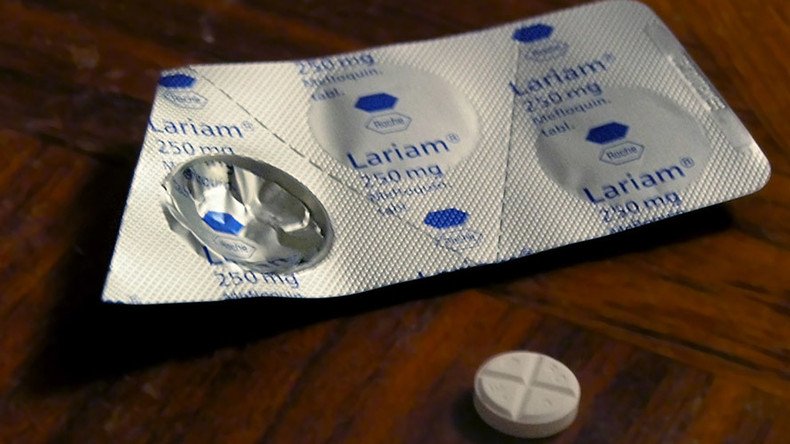Anti-malarial drug linked to psychosis among soldiers could finally be banned in UK military

An almost total ban on the anti-malaria drug Lariam may soon come into effect, amid fears that hundreds of UK soldiers could sue over the affects it has had on their mental health.
A long-awaited parliamentary report into the effects of the drug, known as Mefloquine in the US, where it is already banned, seems likely to spur an almost full ban – and an avalanche of legal cases against the Ministry of Defence (MoD).
Both prior to the Defence Select Committee investigation and during the course of the inquiry a number of senior figures, both military and civilian, have called for a ban on the drug.
Lariam – which the MoD maintains is the best drug to stop malaria in particular regions – has been said to cause depression and suicidal feelings.
The anti-malarial was also connected with the massacre of 16 Afghan villagers near Kandahar by US Army soldier Staff Sergeant Robert Bales in 2012. Bales is now serving a life sentence.
General Sir David Richards, former head of the Army, said Tuesday he had warned against using the drug while he was still serving.
He told the Independent if the drug was banned or restricted “it would not be before time.”
“There has been worry for a very long time over the use of Lariam, I know personally from when we were serving in Sierra Leone in 2000. We know people who have been affected by this drug. I certainly hope that appropriate steps are taken as soon as possible,” he said.
The military has already withdrawn the drug for pilots and divers, but it is still prescribed to other troops.
Law firm Hilary Meredith Solicitors claim they have been contacted by up to 470 serving and former personnel who say they have suffered with side effects such as depression, anxiety, hallucinations and sleep deprivation.
Medical guidelines insist that soldiers be asked their medical histories before being given the drug, as it can trigger psychiatric issues.
Philippa Tuckman of Hilary Meredith Solicitors said she had “personally heard so many service personnel tell me that they were not asked about their history, that they were not told about the potentially catastrophic side effects of the drug.”
The MoD maintains all anti-malarials have side effects but that personnel must be protected on operations and during training overseas.
“While Mefloquine [Lariam] is used throughout the world, it’s not prescribed widely in the UK military, and only after an individual risk assessment,” a spokesman said.













